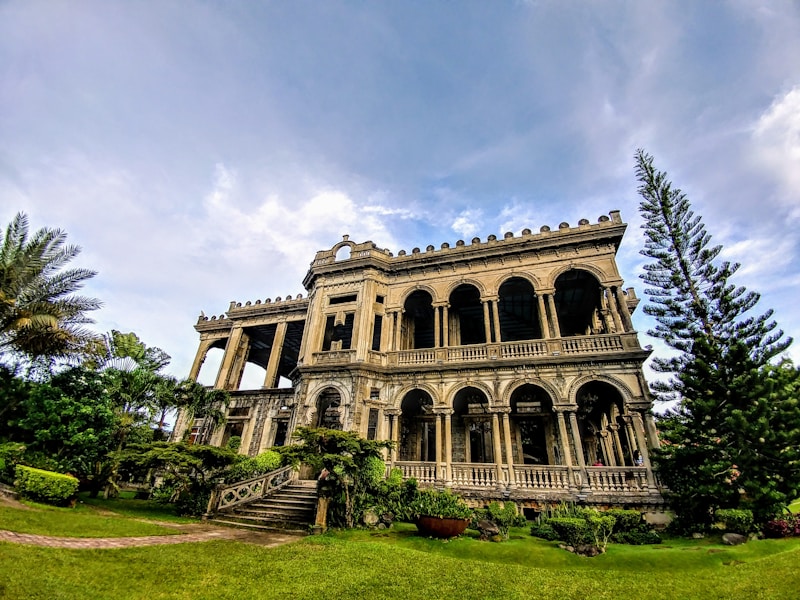Questions and Answers
What does the Philippine copyright law protect?
Patents, trademarks, and other forms of intellectual property
When does the protection of copyright in the Philippines end?
50 years after the author's death
Which international convention has influenced the Philippine copyright law?
Berne Convention
What is one of the exclusive rights of the author under the Philippine copyright law?
Signup and view all the answers
What acts can the author prevent under Philippine copyright law?
Signup and view all the answers
When does the protection for copyright begin after an author's death?
Signup and view all the answers
What is the main criteria for determining substantial reproduction of a copyrighted material?
Signup and view all the answers
Which law provides the legal framework for intellectual property protection in the Philippines?
Signup and view all the answers
What are the elements of trademark infringement?
Signup and view all the answers
What is required for a contract to be valid?
Signup and view all the answers
In electronic contracts, what condition must be met for them to be considered original documents?
Signup and view all the answers
What actions make a person liable as an author under liabilities law?
Signup and view all the answers
Study Notes
Philippine Copyright Law
- Enshrined in the Intellectual Property Code of the Philippines (Republic Act No. 8293)
- Partly based on United States copyright law and the Berne Convention for the Protection of Literary and Artistic Works
- Covers protection of authors' rights, including patents, trademarks, and other forms of intellectual property
Duration of Protection
- Copyright is protected during the life of the author and for 50 years after their death
- Term of protection after the author's death runs from the first day of January of the year following their death or publication of their work
Author's Exclusive Rights
- Reproduction of the work or substantial portion of the work
- Dramatization, translation, adaptation, abridgment, arrangement, or other transformation of the work
- First public distribution of the original and each copy of the work by sale or other forms of transfer of ownership
- Rental of the original or a copy of an audiovisual or cinematographic work, a work embodied in a sound recording, a computer program, a compilation of data and other materials or a musical work in graphic form
- Public display of the original or a copy of the work
- Public performance of the work
- Other communication to the public of the work
Substantial Reproduction
- Not necessary to copy the entire copyrighted work or a large portion of it to infringe on copyright
- If the value of the original work is substantially diminished, there is an infringement of copyright
Intellectual Property Code (Republic Act 8293)
- Provides the legal framework for intellectual property protection in the Philippines
- Came into effect on January 1, 1998
Trademark Infringement
- Unauthorized use in commerce of a registered trademark or a copy or colorable imitation thereof, which results in the likelihood of confusion among the consuming public
- Elements of trademark infringement:
- Registered trademark in the Philippines
- Plaintiff's ownership of said mark
- Use of the trademark or imitation thereof by a third person, which results in likelihood of confusion
Unfair Competition
- Form of copying and making false statements by one who passes off their own goods for those of another that has an established goodwill
- Copying and/or passing off may include copying of the trademark or giving one's own goods the general appearance of another, which causes likelihood of confusion
Contract Law
- Covers written warranties or implied warranties
- Requirements for a valid contract:
- Parties must manifest their consent to be bound by the contract
- Product or service must be within the commerce of man and not contrary to law, morals, good customs, public order, and public policy
- There must be a cause or consideration
- Digital or electronic contracts may only be considered as an original document if there is a reliable guarantee that evidences the integrity of the same, and if it is capable of being shown to the person it is being presented to
Liabilities Law
- Pertains to responsibilities or obligations of writers, especially claims they made on their paper
- A person is made liable as an author if:
- They expose a person/people to hatred, ridicule, or contempt
- They cause a person/people to be shunned or avoided
- They generally lower a person/people in the eyes of society
- They discredit a person/people in their trade, business, or profession
Studying That Suits You
Use AI to generate personalized quizzes and flashcards to suit your learning preferences.
Description
Test your knowledge on the Intellectual Property Code of the Philippines, specifically Republic Act No. 8293, which governs copyright law in the country. Learn about how Philippine copyright law is influenced by United States copyright law and the Berne Convention. Explore how patents, trademarks, and other intellectual property rights are also protected under Philippine copyright laws.




